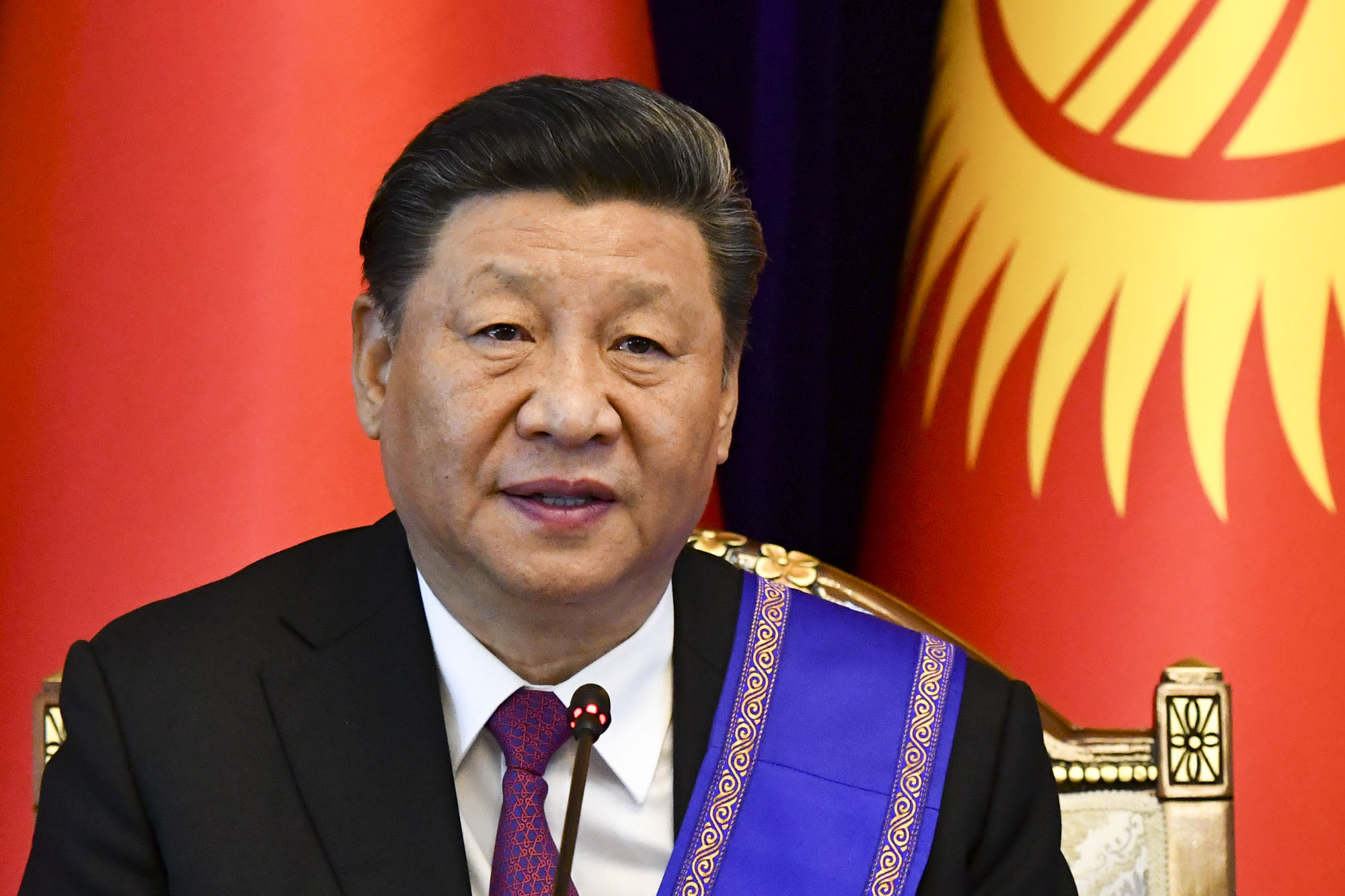The city of Suzhou, known as "the Venice of the East" for its web of intricate waterways, captured the imagination of Marco Polo when he journeyed through China more than seven centuries ago.
Today it's drawing attention for another grand project: a sprawling network of databases designed to track the behavior of China's population. Sitting next to Shanghai with an economy larger than Finland's, Suzhou was one of a dozen places chosen in 2018 by President Xi Jinping's government to run a social-credit trial, which can reward or punish citizens for their behavior.
The system, dubbed "Osmanthus" after the fragrant flower the city uses as an emblem, collects data on nearly two dozen metrics, including marital status, education level and social-security payments. Authorities have given it national awards even as Western politicians like U.S. Vice President Mike Pence lambaste social credit as ushering in an Orwellian dystopia that could serve as a model for authoritarian regimes around the globe. But dozens of interviews with the people most affected by the system paint a nuanced picture of the technology in its early stages. Few of the entrepreneurs, volunteers, public servants and other Suzhou residents surveyed said they had even heard of Osmanthus, which is supposed to help shape laws, regulations and standards across China by 2020.

















With your current subscription plan you can comment on stories. However, before writing your first comment, please create a display name in the Profile section of your subscriber account page.